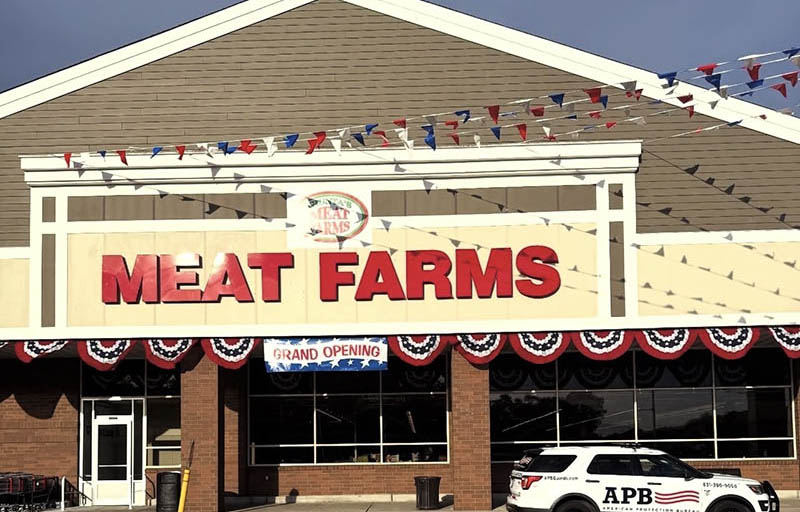News:
Brokerage
Posted: January 25, 2010
Content ownership: Rethinking possession
Though it may not have always seemed fair, possession has always been 9/10ths of the law. Why that is, I am not certain, but perhaps for its overt obviousness. Facebook has more than once alienated millions of its user base by stumbling on complex issues underlying ownership. Who knew we were licensing our family photo albums to them as hopefully good stewards just to share with friends online. So what about the rules of cyberspace and virtual things? Who owns my email message? The sender who laid their soul bare, the receiver who had a reaction or even the carrier if only temporarily who transmits it? Virtual things all of the sudden have us rethinking our very real world. Take two recent lawsuits shaking up real estate:
A Manhattan jury awarded former broker Sarit Shmueli $400,000 in compensatory damages and $1.2 million in punitive damages. The $1.2 million judgment got wiped out but it sent a strong message. The jurors felt that she had been wronged by the firm she worked for when it held on to her list of 380 clients.
On May 27, 2008, NAR and the U.S. Department of Justice (DOJ) reached a favorable settlement, concluding a two-year Department of Justice investigation. The clash having dragged on for at least two years was over how listings on the multiple listing services should be displayed on virtual broker office websites. The DOJ's goal was to give everyone outside of brokers the right to use multiple listing service data, including consumers, data aggregators and discounters not offering minimum state-mandated services to sellers.
The National Association of Realtors are arguing that the MLS is a business cooperative with rules that should protect brokers' listings from being used in environments not in their seller's best interest. Ultimately they found compromise. Openness with boundaries in this case required login and labeling content. Is this truly a different mentality from the days when Napster was shut down by record companies?
Imagine that "PageRank" a link analysis, named after Google founder, Larry Page, was developed as a Stanford research project using their resources and facilities. While being a trademark of Google, its patent is assigned to Stanford University and not to Google. Google has exclusive license rights on the patent from Stanford University. The university sold their shares in 2005 for $336 million.
Does this all hearken back to the origins of the Internet, when there was a shift in the sands of our thinking? This magical interconnected realm for business could and should be free of taxation so that its bounty and innovation could be multiplied and harvested unencumbered like your local mall by traditional taxation. We take land ownership for granted but this had been an alien concept to Native Americans who couldn't understand how the earth could belong to anyone but the community. Technology is forcing us to draw analogies to our concrete lives about who owns content, the creator or the person who paid for or creates the space in which to create?
Robin Greenbaum is a founder of Cobroke Nation (www.cobrokenation.com), New York, N.Y.
Tags:
Brokerage
MORE FROM Brokerage
Delisle and Monahan of Island Associates lease 45,000 s/f to Giunta’s Meat Farms at Strathmore Commons
Middle Island, NY Roger Delisle and Robert Monahan of Island Associates negotiated the lease for the Giunta’s Meat Farms to occupy 45,000 s/f at Strathmore Commons.

Quick Hits
Columns and Thought Leadership

Lasting effects of eminent domain on commercial development - by Sebastian Jablonski
The state has the authority to seize all or part of privately owned commercial real estate for public use by the power of eminent domain. Although the state is constitutionally required to provide just compensation to the property owner, it frequently fails to account

AI comes to public relations, but be cautious, experts say - by Harry Zlokower
Last month Bisnow scheduled the New York AI & Technology cocktail event on commercial real estate, moderated by Tal Kerret, president, Silverstein Properties, and including tech officers from Rudin Management, Silverstein Properties, structural engineering company Thornton Tomasetti and the founder of Overlay Capital Build,

Behind the post: Why reels, stories, and shorts work for CRE (and how to use them) - by Kimberly Zar Bloorian
Let’s be real: if you’re still only posting photos of properties, you’re missing out. Reels, Stories, and Shorts are where attention lives, and in commercial real estate, attention is currency.

Strategic pause - by Shallini Mehra and Chirag Doshi
Many investors are in a period of strategic pause as New York City’s mayoral race approaches. A major inflection point came with the Democratic primary victory of Zohran Mamdani, a staunch tenant advocate, with a progressive housing platform which supports rent freezes for rent








.jpg)
.gif)
.gif)